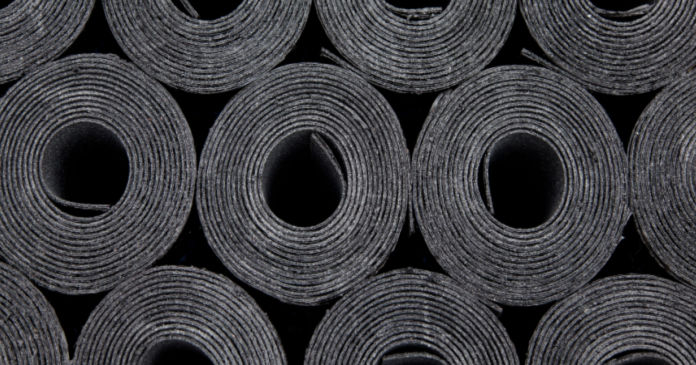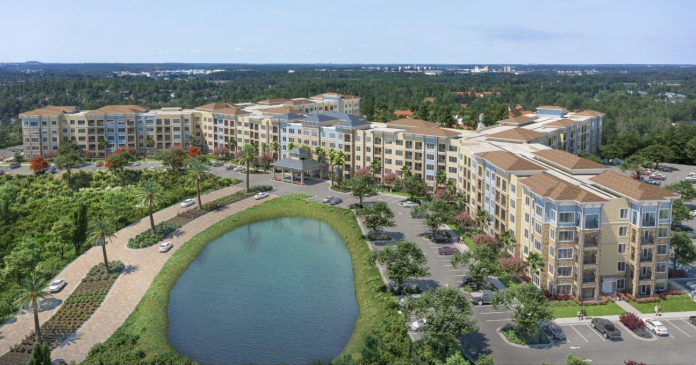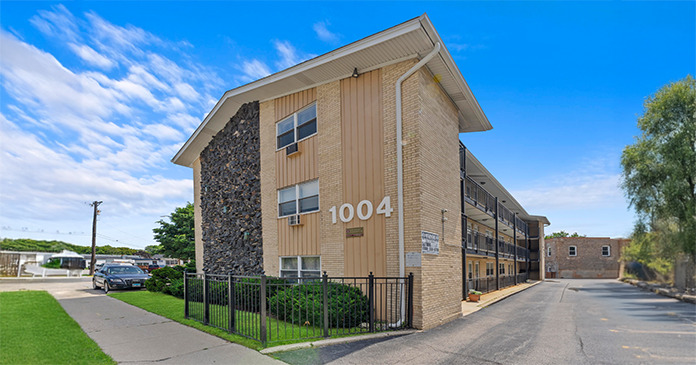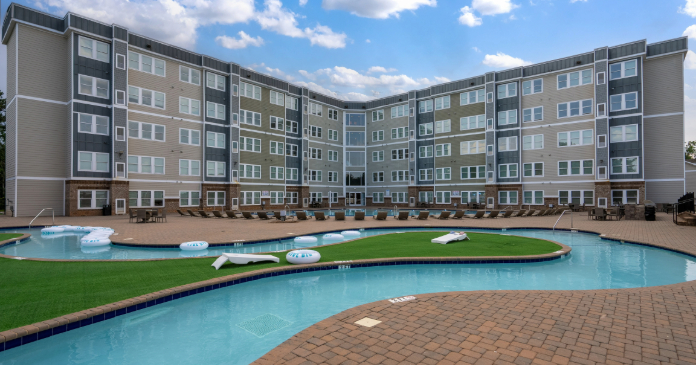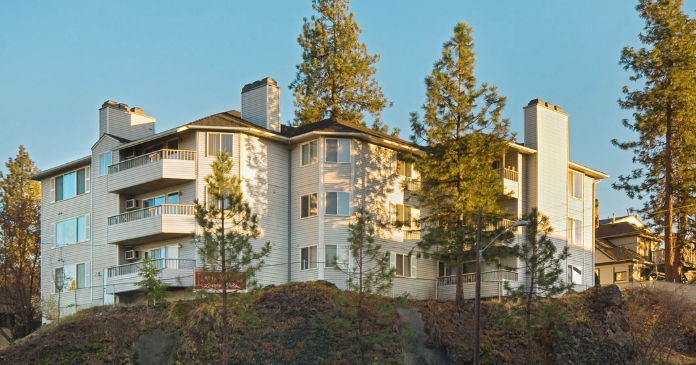The Bureau of Labor Statistics (BLS) released its producer price index report for June 2022. It stated that construction materials prices were up 0.3 percent in the month, seasonally adjusted. The index was 15.1 percent higher than its year-earlier level.
Overall prices for processed goods for intermediate demand rose by 2.3 percent in the month. This index was 22.2 percent higher than its year-ago level.
For reference, the changes in these indices compare with an 9.1 percent rise in the all-items consumer price index (CPI-U) for the 12 months ending in June. The CPI-U was up 1.3 percent for the month. The shelter portion of the CPI was up 5.6 percent from its year-ago level.
Yield Pro compiled the BLS reported changes for our standard list of construction materials prices. These are prices of materials which directly impact the cost of constructing an apartment building. The two middle columns of the table provide the percent change in the price of the commodity from a year earlier (12 Mo PC Change) and the percent change in price from May 2022 (1 Mo PC Change). If no price data is available for a given commodity, the change is listed as N/A.
The pre-COVID column lists the change in the current construction materials prices relative to the average of prices from December 2019 through February 2020, before the pandemic impacted the economy. This may give a truer idea of the magnitude of the recent price increases for materials, such as lumber, whose prices were already rising sharply last year, than does the 12 Mo PC Change column.
| Commodity | 12 Mo PC Change | 1 Mo PC Change | Pre-covid Change |
| Softwood lumber | -38.4 | -24.8 | 52.8 |
| Hardwood lumber | 11.4 | -0.7 | 53.4 |
| General millworks | 15.3 | 0.3 | 26.2 |
| Soft plywood products | -36.4 | -1.4 | 131.1 |
| Hot rolled steel bars, plates and structural shapes | 35.3 | 1.0 | 82.7 |
| Copper wire and cable | 6.1 | 0.3 | 43.5 |
| Power wire and cable | 22.0 | -2.1 | 67.7 |
| Builder’s hardware | 9.4 | 0.2 | 20.2 |
| Plumbing fixtures and fittings | 10.0 | 0.3 | 14.4 |
| Enameled iron and metal sanitary ware | 17.5 | 0.6 | 21.4 |
| Furnaces and heaters | 15.2 | 0.7 | 24.9 |
| Sheet metal products | 21.0 | 1.4 | 46.1 |
| Electrical Lighting fixtures | 15.2 | 0.9 | 18.7 |
| Nails | 36.8 | 1.0 | 54.4 |
| Major appliances | 18.1 | 2.0 | 21.0 |
| Flat glass | 10.0 | 0.7 | 20.6 |
| Ready mix concrete | 10.6 | 1.6 | 15.8 |
| Asphalt roofing and siding | 22.6 | 3.2 | 36.8 |
| Gypsum products | 19.0 | 0.0 | 39.3 |
| Mineral wool insulation | 17.5 | 1.7 | 34.6 |
The first chart, below, shows the price index history for wood products over the past 37 months. Note that the prices used by the BLS in compiling the indexes are collected on the Tuesday of the week containing the 13th day of the month. In June 2022 that would have been June 14.
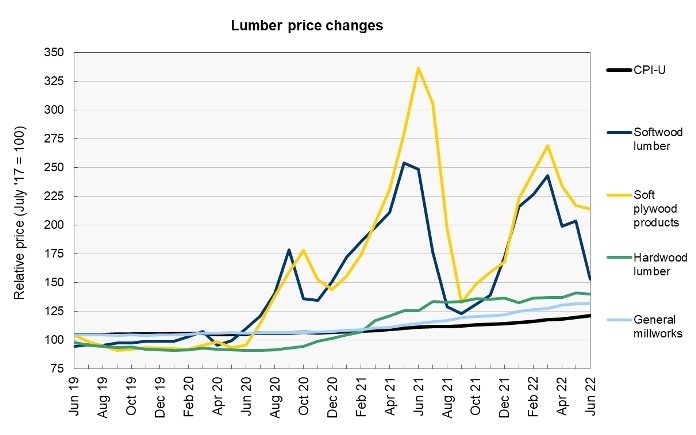
The price of softwood lumber fell sharply in the current report. However, as explained below, this price drop is destined to be short-lived. The large reported year-over-year price decline is mostly due to the extremely elevated lumber price level in June of last year. The comparison to the pre-pandemic price level gives a more realistic idea of how lumber prices have run up in the last two years. While lumber prices spiked early in the pandemic era, several of our other construction materials prices have now seen larger increases relative to their pre-pandemic levels than has lumber.
Markets Insider reported that the market price of lumber reached a recent low of $528 one day before the BLS gathered its June data. Since then, the price has trended higher, closing at $645 on July 12, the day on which the BLS gathered data for its upcoming July PPI report. Therefore, we can expect to see the price of lumber rise in next month’s report. Lumber prices in the futures markets have also trended higher over the month. The September 2022 futures contract closed at $679 on July 12, up $151 since our last report. The November 2022 contract closed at $672.
The soft plywood products price is following the same trend as that of softwood lumber, although its recent price movements are less extreme. Its price rise since pre-pandemic levels remains by far the highest of the construction materials prices that we track.
The next chart, below, shows the recent history of several other construction materials prices. These are relatively simple commodities whose prices are strongly driven by those of the materials of which they are comprised. Prices for hot rolled steel, nails and power wire are now all up more from their pre-pandemic levels than is that of softwood lumber, which was the poster-child for pandemic induced price increases.
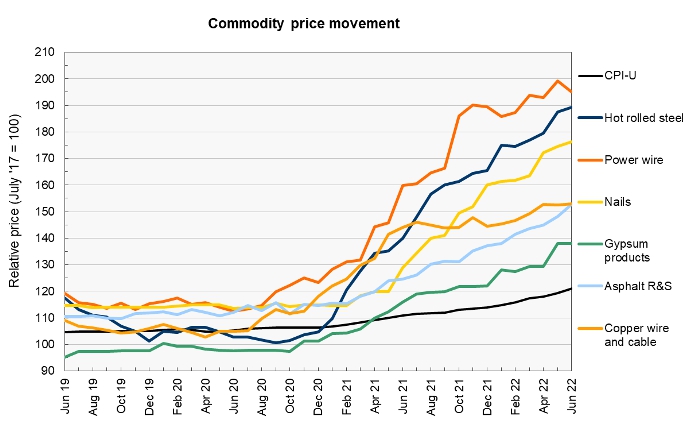
The price of asphalt roofing and siding had the largest month-over-month percentage increase in this report of any of the construction materials prices we track despite the previous month’s price being revised higher. This continues the steady rise in the price of this material that has been occurring since early 2021.
MarketWatch reports that, since our last report, the NYSE American steel index has been generally falling. It closed on July 12 at $1,398, down $208 from its level of a month ago. Steel futures have also moved lower over the last month. The September 2022 contract closed on July 12 down 13 percent since we last reported on it and down 9.5 percent from the level of the July contract. The November 2022 contract is trading 11 percent below the level of the July contract.
The price of copper has moved sharply lower since we last reported on it. It closed at $4.18 per pound on June 14, but it closed at $3.29 per pound on July 12. This is its lowest level since November 2020.
The price of aluminum has also been trending downward since peaking at $3,849 in early March. It closed on July 12 at $2,360, down $326 since our last report.
Price changes for several of the more finished goods from our sample are illustrated in the final chart, below. The highest month-over-month price increase of these goods in June was for major appliances at 2.0 percent.
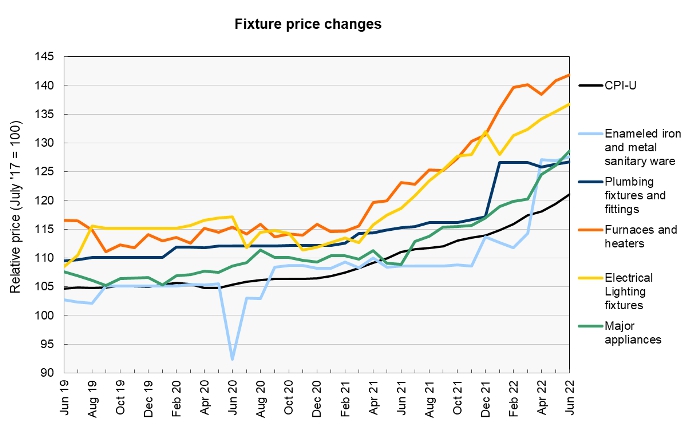
The full BLS report can be found here.


